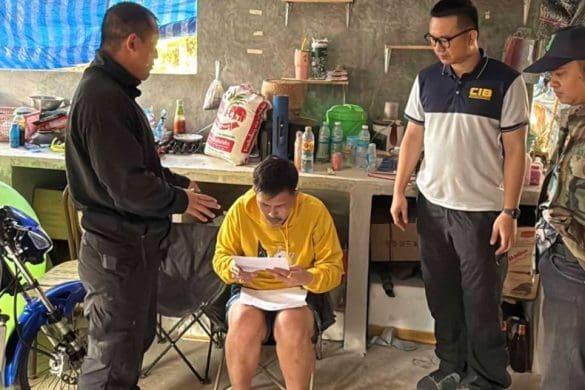Roger Roger, a 40-year-old citizen of Costa Rica, has been convicted by a federal jury in North Carolina for orchestrating a prolonged telemarketing scheme that defrauded victims across the United States.
During the trial, evidence revealed that Roger specifically targeted senior citizens from a call center based in Costa Rica. He led a fraudulent operation where co-conspirators impersonated U.S. government officials, misleading victims into believing they had won a “sweepstakes” prize.
The scammers convinced victims they had won significant rewards, but claimed they needed to make multiple payments for taxes, customs duties, and other fees to claim their prizes.
To conceal their identities, the criminals used various tactics to mislead victims into thinking they were legitimate U.S. officials. Utilizing Voice over Internet Protocol technology, they made calls that appeared to originate from Washington, D.C., and other U.S. locations.
According to law enforcement, Roger employed fake names and documents while contacting victims from Costa Rica to persuade them they were prize winners. He also recruited individuals to join the scheme, training them to mislead victims and facilitate the transfer of payments from the U.S. to Costa Rica.
Investigators from the U.S. estimated that Roger and his criminal group stole over $4 million from their victims. The Justice Department’s Office of International Affairs collaborated with law enforcement in Costa Rica to secure Roger’s arrest and extradition.
Roger was convicted on multiple charges: one count of conspiracy to commit mail and wire fraud, four counts of wire fraud, one count of conspiracy to commit money laundering, and two counts of international money laundering.
He now faces a maximum sentence of 25 years for each count of conspiracy to commit mail and wire fraud, as well as for wire fraud, due to the jury’s finding that the scheme targeted at least 10 victims over the age of 55. Additionally, he could face 20 years for each count of conspiracy to commit money laundering and money laundering.
A federal district court judge will proceed with sentencing, taking into account the U.S. Sentencing Guidelines and other relevant factors.




